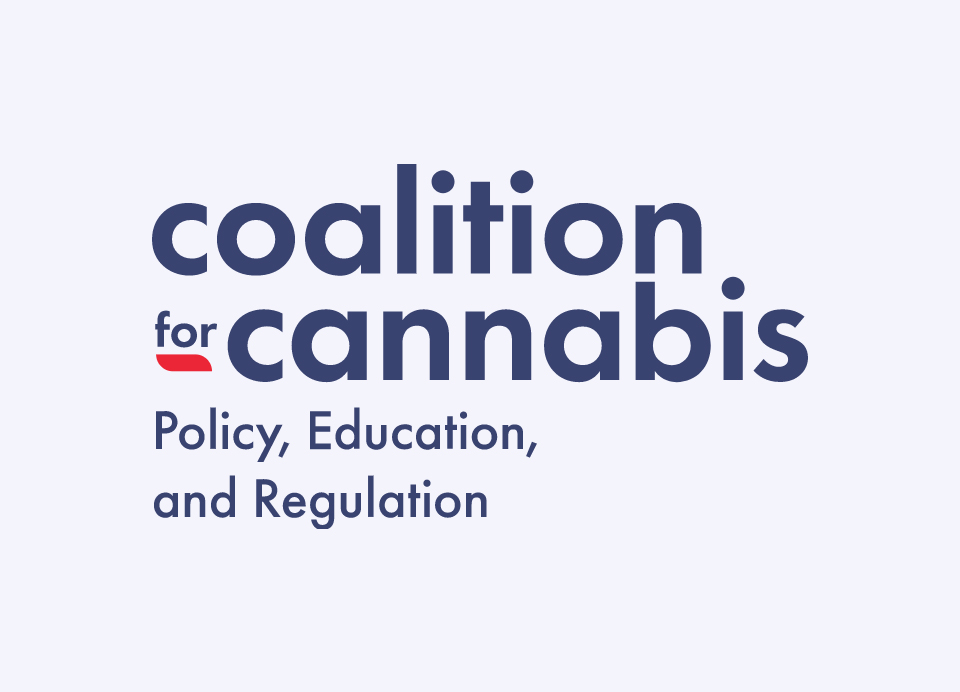
December 17, 2021
CPEAR Releases Research Paper on Cannabis Effects on Mental Health
WASHINGTON, D.C. – Today, the Coalition for Cannabis Policy, Education, and Regulation (CPEAR) released a policy paper titled “Prioritizing Mental Health in an Emerging Market: A framework for maintaining public health and expanding knowledge on Cannabis and Mental Health.” This study examines the current understanding of cannabis and its effect on mental health and recommendations to advance an evidence-based regulatory system.
“As we’ve said before, we must have a regulatory structure for governing cannabis that is rooted in science, evidence, and data to better understand this substance and utilize reasonable guardrails,” said Andrew Freedman, executive director of CPEAR. “It’s imperative that we continue to conduct advanced research to better understand the potential harms and benefits of cannabis and its effect on consumers’ mental health. We look forward to sharing our findings with policymakers and industry leaders as we work towards a reliable and comprehensive federal cannabis framework.”
Claims regarding the effects of cannabis on mental health appear to fall on seemingly opposite ends of the spectrum. One side believes that cannabis use causes psychosis, worsens psychiatric symptoms, and poses a significant risk for developing cannabis use disorder. The other side often dismisses any claim of potential harm or side effects from cannabis use, instead of focusing exclusively on the potential therapeutic aspects, particularly mental health conditions.
There are dozens of pertinent and pressing questions that should be addressed as quickly as possible with rigorous research. Most relevant to overseeing cannabis use, the federal government should promote and fund research behind two critical areas:
- Defining Responsible Use
- Although additional research is needed to delineate the specific parameters with the most significant impact, existing data can help shape a framework for responsible use.
- Improving screening tools for Cannabis Use Disorder
- Existing screening tools are considered reliable and valid among recreational (non-medical) cannabis consumers, but new metrics designed to assess problematic use in those who (also) use for medical purposes are needed.
The analysis was conducted by Dr. Staci Gruber, Associate Professor of Psychiatry, Harvard Medical School; Dr. Kelly Sagar, Instructor in Psychiatry, Harvard Medical School; with contributions from G. Malik Burnett, Adjunct Assistant Professor of Addiction Medicine at University of Maryland Medical Center Midtown Campus. Ahead of the paper, CPEAR hosted a roundtable to discuss the key findings with authors Gruber, Burnett, and U.S. Representative Dave Joyce. Watch the roundtable here.
Read the entire policy paper here.
Read the executive summary here.
###
About the Coalition for Cannabis Policy, Education, and Regulation
A 501(c)(4) non-profit organization, the Coalition for Cannabis Policy, Education, and Regulation (CPEAR) works to advance comprehensive policy solutions for cannabis regulation. The Coalition strives to be a trusted, science-driven resource for lawmakers and the larger stakeholder community, developing responsible policies that protect consumers and patients, prevent underage use, uphold public health and safety, and promote social equity. Comprised of a diverse group of stakeholders, the Coalition brings unique perspectives to the table to thoughtfully address what a federally regulated cannabis industry should look like. To learn more, visit www.CPEAR.org and follow us on Twitter.